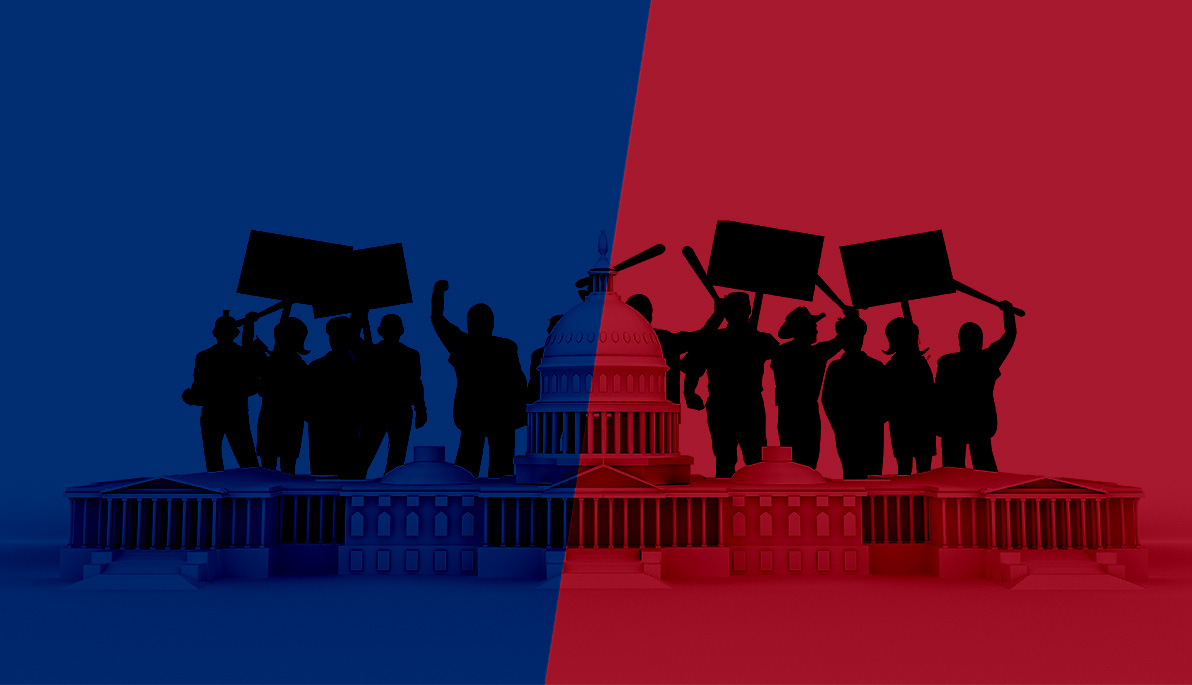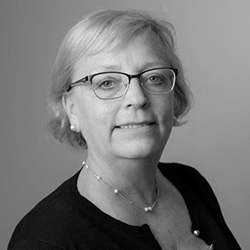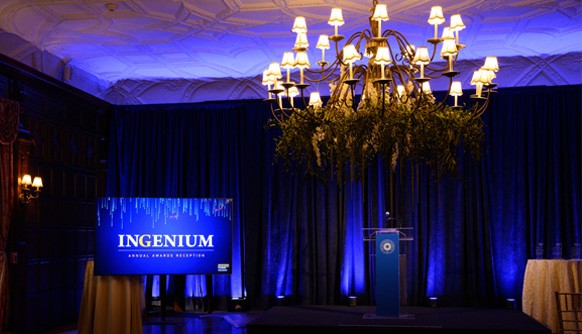News
Perspectives on Insurrection and Inauguration Aftermath
February 18, 2021
On January 6, the world witnessed an unprecedented attack on the capitol in Washington, D.C., followed a little more than a week later by the inauguration of President Joseph R. Biden and Vice President Kamala Harris, the first woman, the first African American, and the first South Asian American vice president in United States history. These events—occurring amid a global pandemic and covered 24/7 on traditional and social media—heightened emotions, fueled divisiveness, and created an environment of uncertainty in our country as well as our own New York Tech classrooms.
To address this, on February 11, a multidisciplinary panel of faculty and staff gathered to discuss the personal, psychological, emotional, and political impact of these events and to offer advice, resources, and perspectives to community members. Moderated by College of Arts and Sciences student Kamille Williams, the virtual roundtable discussion, “Insurrection to Inauguration: Where Do We Go From Here?” included College of Arts and Sciences faculty members Melissa Huey, Ph.D., and Jennifer Griffiths, Ph.D.; NYITCOM faculty member Anu Raj, Psy.D.; and Experiential Education and Civic Engagement administrator Amy Bravo, M.A., and Luzia Ogureck, M.A. The virtual roundtable discussion was co-sponsored by the Diversity, Equity, and Inclusion Task Force, Students First, and Student Engagement and Development.
“One outcome of the events caused students to question what their role is in all of this,” noted Ogurek, who shared that students can get involved in advocacy and make their voices heard in activities ranging from participation in student government to answering surveys or attending community board meetings. “Find something you are passionate about and make it your mission.”
At “Insurrection to Inauguration: Where Do We Go From Here?” a multidisciplinary panel of faculty and staff spoke about civic engagement and political advocacy, new approaches to communication and understanding the viewpoints of others, and the role of higher education in promoting respectful dialogue and equity.
Griffiths pointed to the value that students can bring to the conversation: “Young people are built to take risks and can help push all of us. That’s exactly what we need right now.”
“This generation has the advantage of social media to gather information, form an opinion, and move very quickly,” noted Raj.
Huey spoke about the importance of having an open mindset and not creating a polarized environment when having conversations with others who might not share your views. “Let’s have a conversation,” she said, “rather than focus on what the research said…encourage people to question their own beliefs.”
The panel’s messages were well received. “Moving forward, I will stay more conscious, updated, and educated on local and federal government,” says Giuliana Grosso, one of Griffiths’ students. “We live in a world with an overwhelming amount of resources, thanks to technology. It is also important to consider the bias and credibility of each document, though. I will be voting in local elections and attending more political civic events because I feel that they will help me to be a more proactive, open-minded citizen.”
“That’s the value of higher education,” said Raj. “It allows us to flex our own brain and understand and accept different perspectives.”
Bravo noted that New York Tech has realized the importance of high-impact practices in the classroom via student and class-based projects with community partners. “People learn how to communicate…how to disagree respectfully, and then come up with a solution together.”



_Thumb.jpg)

